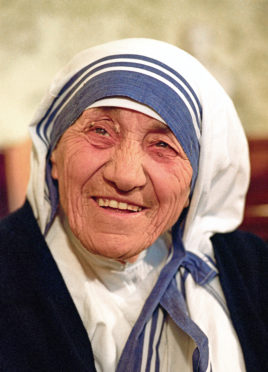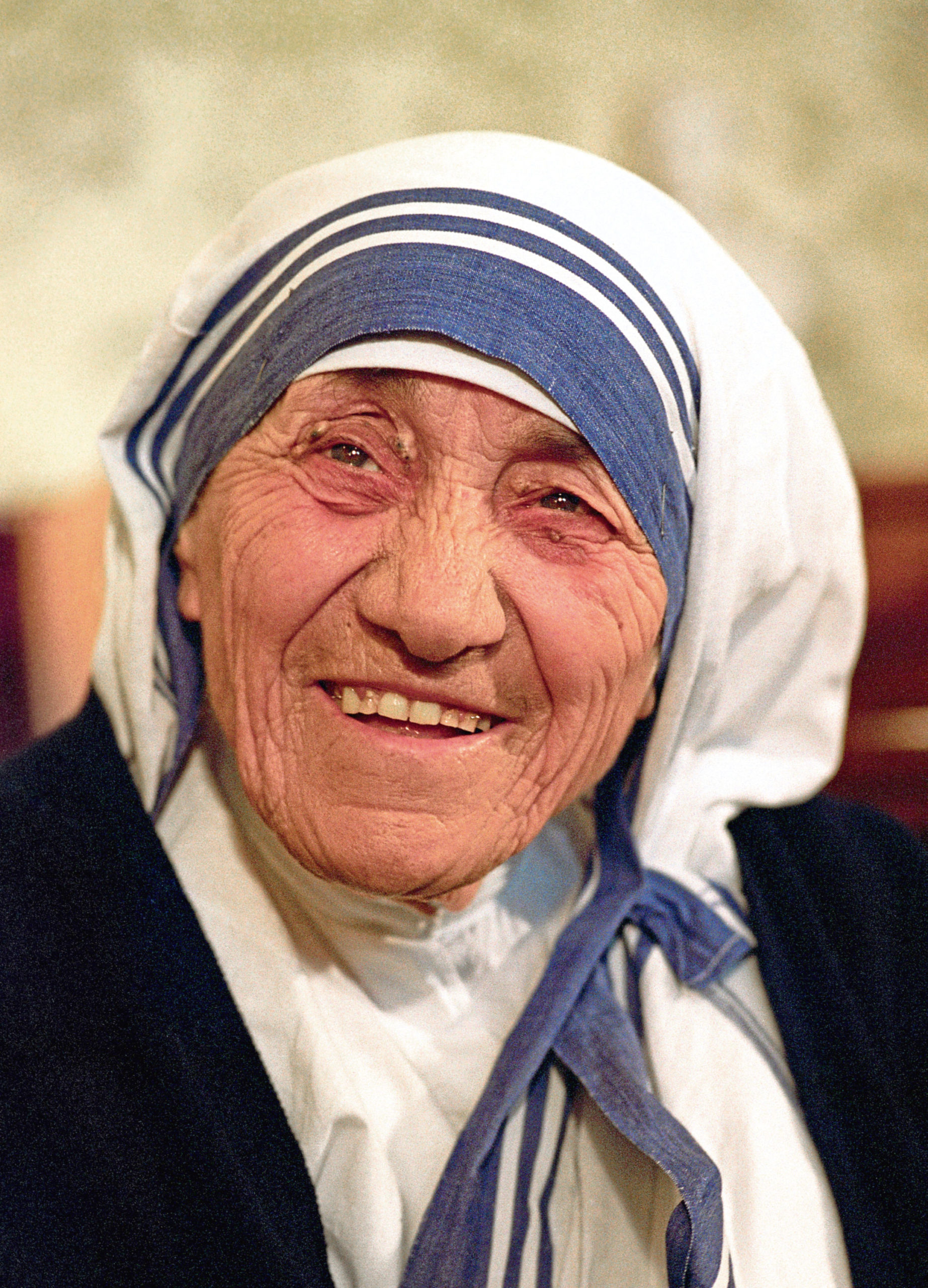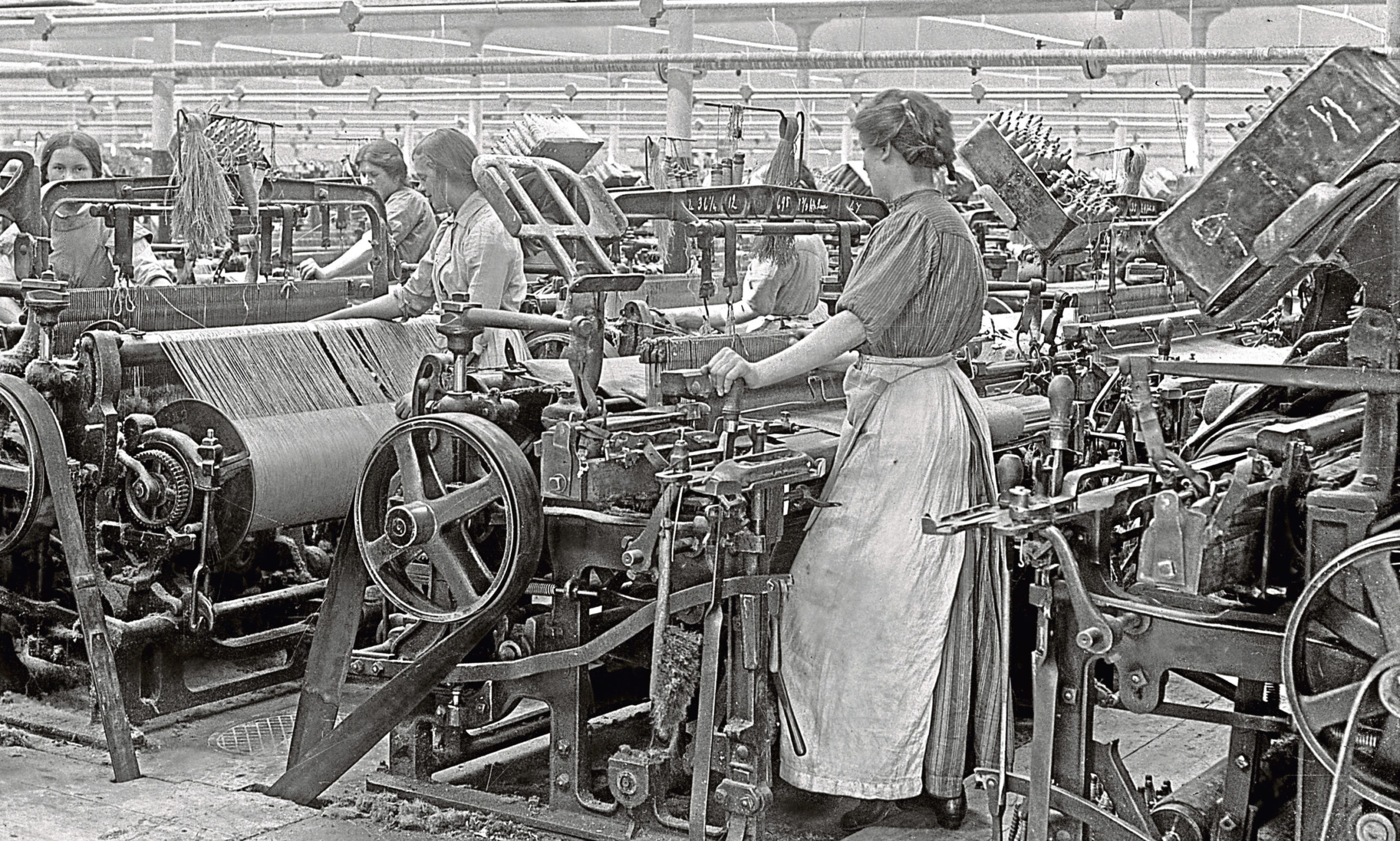Exactly 10 years ago, I visited India for the first time.
I was there on best man duty for a friend but, while there, I decided to take the opportunity to travel and see some of the country.
I arranged to spend a few days volunteering for the organisation led by Mother Teresa, pictured, in Kolkata, formerly Calcutta.
She died in 1997 but her legacy was clearly alive and volunteering in the House for the Destitute and Dying was a moving experience, as I cared for terminally ill men who died even in my short time there.
At the end of day one, I walked around Kolkata and observed a lorry carrying along a kind of old rusty freight with “Dundee” emblazoned on the side in faded white letters.
I spoke to some of the locals and discovered that it had been exported from the dying embers of our city’s jute industry in the 1970s.
To read more by Ewan, click here
At its peak the jute industry in Dundee employed 40% of the city’s population – about 70,000 people – and brought industrial resilience to the city as well as financial stability to many families.
When I returned from India, I wanted something made from jute and ordered a rug for my wife via a fairtrade catalogue, which highlighted the origin in Kolkata.
It was then, for the first time, I realised that the jute barons’ decision to export the industry from Dundee, motivated by a stated desire to cut costs, had enslaved a whole race of foreign people to poor pay.
Fairtrade organisations intervene on unethical working practices in places such as Kolkata to ensure workers are fairly remunerated.
Our history highlights how powerful people deindustrialised our city and deprived our people because they saw greater value in exporting and extorting and perceived profit-making as more attractive than poverty-proofing.
In doing so, they not only enslaved a race of foreigners but sold off 70,000 of our own citizens to competing for jobs that did not exist.
It is not hard to understand decades of record unemployment as prosperity vacated the city and poverty moved in like an unwelcome lodger.
In his book Disposable People, Kevin Bales, a professor in contemporary slavery, estimates that 27 million people still experience modern day slavery, who will now include those in Kolkata.
Slavery is simply the application of property law to people, and financially-motivated decisions were made in Dundee that sold off the prospect of prosperity for our citizens in a manner closely related to slavery.
They did not sell the individuals personally, but they sold any hope of securing a sustainable future.
Dundee has, for too long, been enslaved by some deeply dubious decisions made behind closed doors.
I only hope and pray the decisions made going forward prioritise our people rather than profit.


